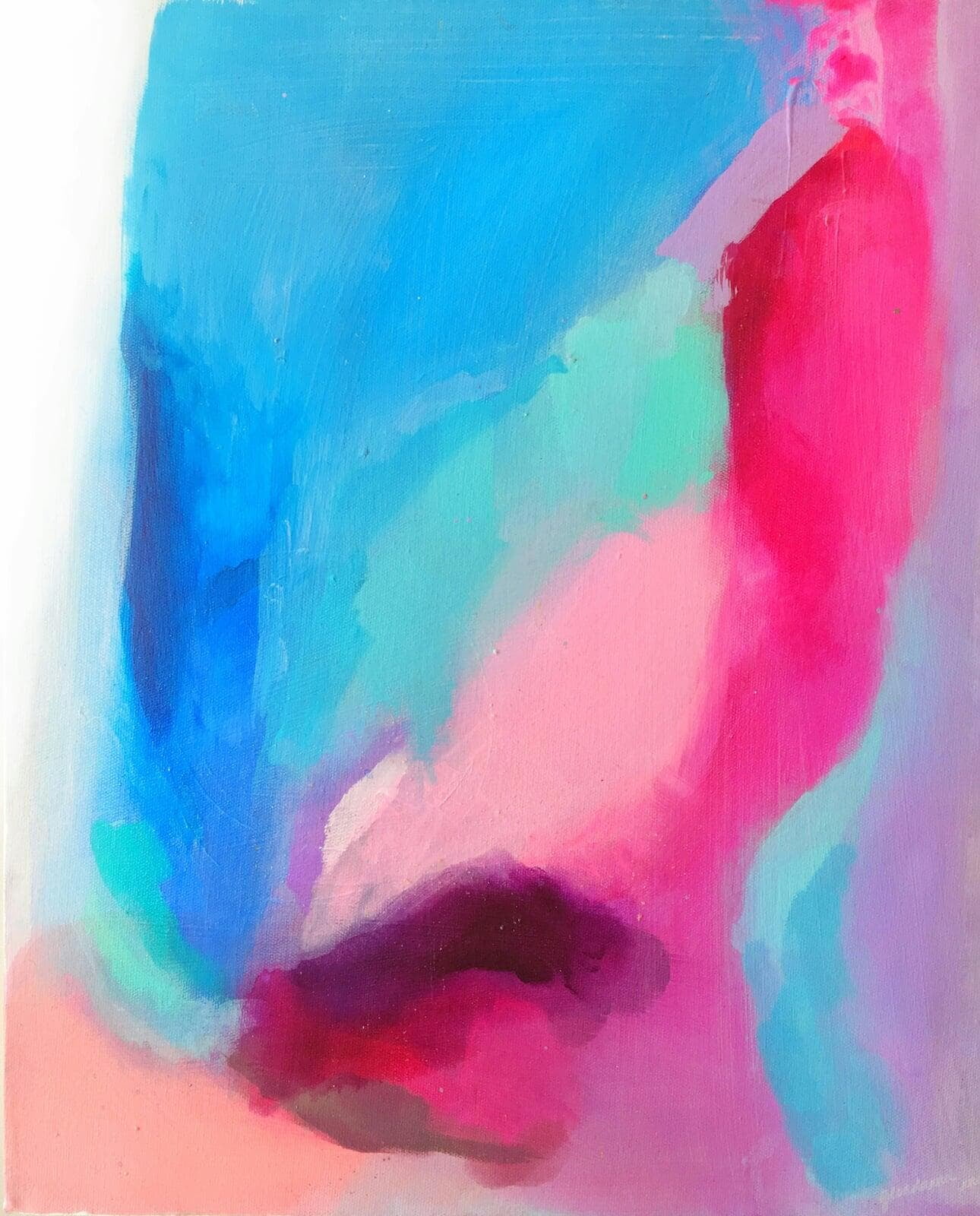We all know that our students’ musical futures are shaped by what we do today. Through countless conversations and explorations, we help students acquire the mindset, tools, strategies, and knowledge to pursue their own musical futures. Which brings me to these questions - How do the activities you include in this week's music lessons have an impact on students' future music making activities 20 years from now? What can music teachers do to sow seeds for our students' future music making?

I appreciate how these questions serve as keen reminders that music teachers influence students' future music making by what we do in today's music lessons.
The problem is that music teachers' "best intentions" can get in the way. Music teachers may be so focused on the pressured demands of lesson plans, deadlines, concerts, and exams that we lose sight of what’s possible. We risk that our legacy becomes one where the majority of students, after their final music class, never sing or play an instrument again.
I'd like to encourage all of us to bring to life a different legacy—a legacy of lifelong music makers where students achieve something like the following:
* Recreational music makers who explore music purely for the joy it brings.
* Community music makers who find music making a soulful way to connect socially.
* Relational music makers who cherish the unique bonds music creates between family and friends.
* Real-life people who value music making for how it shapes who they are and how they experience the world.

Of course, we’ll continue to equip music students with the practical skills needed for musical excellence. But we'll also lay a foundation of engaging conversations, meaningful interactions, and inspiring explorations that ensure students develop their own confident experience of music making. It's what we do week after week, month after month, and year after year because we know what music making can do for all of us.
Music making enriches who we are. Music making uplifts, soothes, sparks curiosity, and fosters deep reflection. We get to know ourselves and the world around us through msuic. On occasion, music making acts as a welcome distraction, a resonant release from thinking and doing. At other times, making music has the capacity to magnify what’s going on inside, to amplify moments of hardship and grief, of joy and celebration. Music provides a strengthening of resolve, a reason to push beyond boundaries of fragility and vulnerability. There’s protection in music making.
Can you imagine students carrying their love for music from their lessons into adulthood?
How amazing would it be for students to have music making as their go-to companion throughout life?
In this week's lessons, how can you involve students in music making in ways that serve students’ musical needs throughout their entire lives?
What can you do to help students actively engage with music in their lives more often, more significantly, and more purposefully than would have otherwise been the case without formal music lessons?
Let’s reshape the legacy of music lessons and showcase lifelong music making as a reality for every one of our students.
